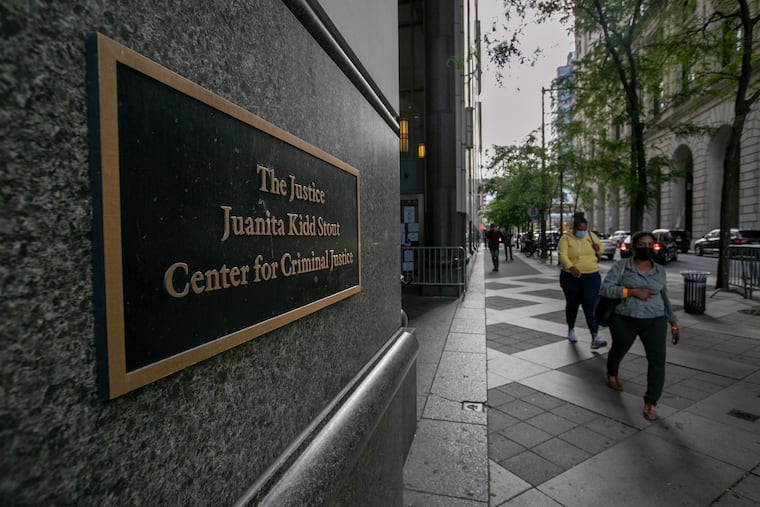Appellate court rules Philadelphia Bail Fund has no First Amendment right to record hearings
“Just because something may be a good policy does not mean that it rises to the level of a constitutional right," a Third Circuit judge wrote.

An appellate court dealt a setback to activists seeking to monitor bail hearings in Philadelphia in order to hold officials accountable and seek reforms.
The Philadelphia Bail Fund does not have a constitutionally protected right to record hearings, the U.S. Court of Appeals for the Third Circuit held, overturning the decision of a federal district judge and preserving the status quo in Pennsylvania, which has some of the nation’s most restrictive rules on courtroom public access.
The district court had granted summary judgment to the bail fund, reasoning that if Municipal Court fails to record or transcribe the hearings, the public must be permitted to do so. The Third Circuit acknowledged Tuesday such a recording might be helpful.
But Judge Morton Ira Greenberg wrote, “Just because something may be a good policy does not mean that it rises to the level of a constitutional right.”
The First Judicial District and the Administrative Office of Pennsylvania Courts both declined to comment on the opinion. The lawyer representing the bail fund, Nicolas Riley of Georgetown University’s Institute for Constitutional Advocacy and Protection, said he was still evaluating how to proceed in the case.
In dissent, Judge Cheryl Ann Krause said the decision could have “grave consequences for public discourse and confidence in government institutions.”
She wrote: “All parties and members of the panel agree that the First Amendment right of access applies to bail hearings. Yet the majority proceeds to eviscerate that right.”
As Krause noted, studies of the preliminary arraignment hearings held 24 hours a day in the basement of the Stout Center for Criminal Justice have found that magistrates set bail in 90% of cases without inquiring about ability to pay. The American Civil Liberties Union of Pennsylvania filed a lawsuit last year alleging systemic failure by magistrates who ignored the law in setting bail. However, in the end, the Supreme Court found the system “essentially sound” and rejected pleas for wholesale reform.
District Attorney Larry Krasner, who has taken fire for recent bail decisions, called the court’s ruling disappointing. He said the hearings should be recorded or transcribed.
“One of the biggest problems we have in the city right now is that we’re dealing with the last gasp of cash bail. In my opinion, it not only puts people who should be out of jail in jail, but it has the potential to endanger the community because some people who present a very serious danger are able to pay money to get out,” he said. “We need accountability in the bail process so we can try to improve it. When you don’t have the right to have a record, it makes it a lot harder.”